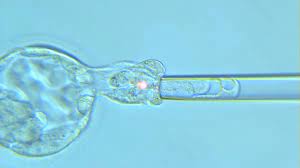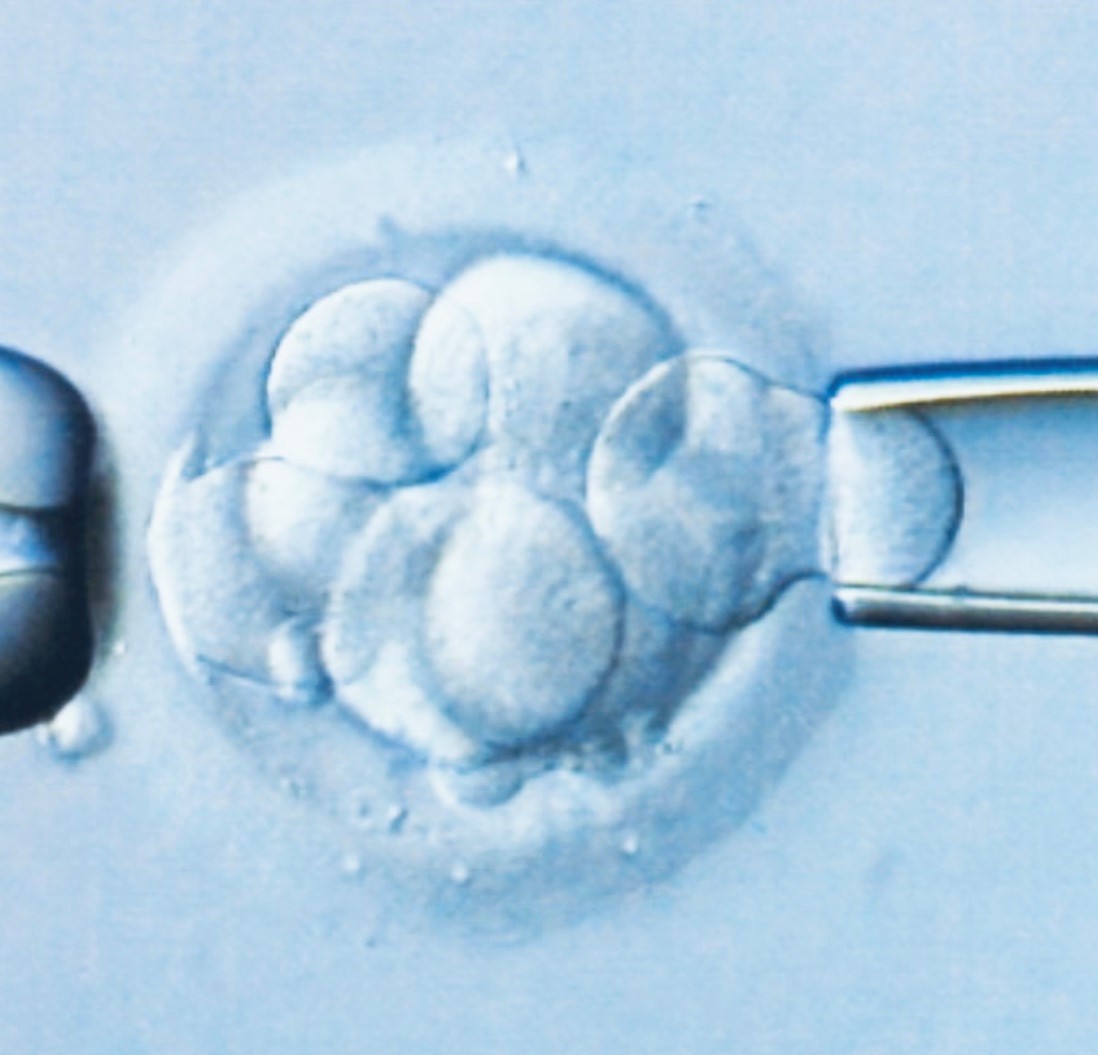
Preimplantation Genetic Diagnosis Cost

PGD – (Pre Implantation Genetic Diagnosis)
Preimplantation Genetic Diagnosis (PGD) was developed in the late 1980s as an alternative to prenatal diagnosis and possible termination of pregnancy of an affected fetus for couples who are at risk of passing on serious genetic diseases to their children. Preimplantation Genetic Diagnosis technique requires to test embryos for genetic disorders before it implants in the womb (uterus). It avoids the need for termination of pregnancy. An increasing number of genetic disorders can now be diagnosed by this technique. It should be noted that genetic disorders could be due to either a single gene disorder or more than one gene. In cases of recurrent chromosomal abnormalities such as Down’s syndrome and recurrent miscarriages caused by parental translocations, the number and character of several chromosomes can be determined.
How is PGD performed?
Controlled ovarian stimulation is done using Gonadotropins. TVS monitoring of follicles is done. Trigger is adminstered once follicles reach maturity. Egg retrieval is performed. Husband’s semen sample is obtained. ICSI is used for fertilisation. This is to reduce the risk of contamination with sperm DNA. Embryo biopsy is performed on blastocysts.6-10 cells are obtained from trophoectoderm layer.The procedure is carried out under the microscope without damaging embryo’s ability to continue to develop normally (because at this stage of development none of the embryo cells have become specialized). The cell is then analyzed for the presence of genetic disorders.


To whom PGD is advised?
- Couple who have a child with a genetic disease or are themselves affected or are known carriers of genetic disease and are at high risk of having another.
- Couples who wish to identify a tissue match for a sick sibling who can be cured with transplanted cells. Couples with genetic disorders should receive adequate counselling before embarking on PGD. They should be informed about other options such as prenatal diagnosis and termination of pregnancy if the fetus is affected, gamete donation, remain childless and adoption. Unfortunately, for older women and women with high baseline FSH levels, PGD may not be a good alternative because not adequate embryos are formed. It is important to note that there is a possibility that none of the embryos tested will be normal, in this case none would be suitable to transfer.
